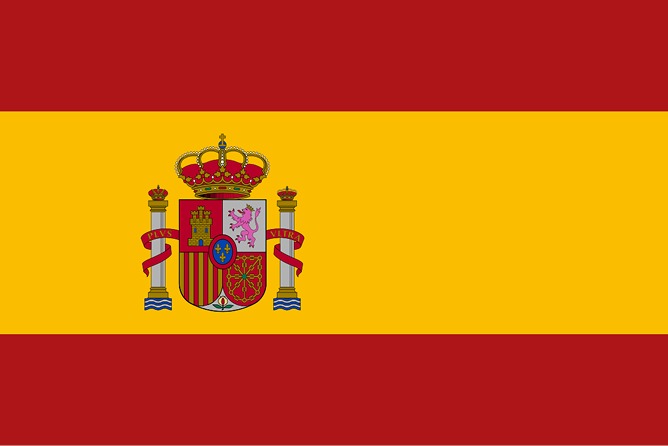We can't find the internet
Attempting to reconnect
Something went wrong!
Hang in there while we get back on track
Bioeconomy
Studies from the Amazônia 2030 project, of which Imazon is a member, show that Amazonian biodiversity can offer a new economic and productive landscape, providing key inputs for global markets such as cosmetics, biomedicine, and food. These products can serve both high-tech industries and extractive activities involving non-timber forest products, such as oils, fruits, seeds, and resins. In addition, they represent a possible solution for transitioning from a fossil-based economy to a green economy.
Regarding solutions for the development of the Amazon bioeconomy in general, the studies “Bioeconomia na Amazônia: Análise Conceitual, Regulatória e Institucional“ stand out. These publications explain that the various bioeconomy proposals must address the “multiple Amazons,” with their distinct perspectives and purposes, while also valuing regional products generated by family farming and traditional peoples and communities.
Specifically in relation to promoting the bioeconomy as a means of supplying food to local, national, and global markets, the studies “Amazônia: Territórios da Comida“ and “Soft power, gastronomia e Amazônia“ are particularly notable. The latter proposes the creation of a form of Amazonian “gastrodiplomacy,” meaning an international relations policy focused on promoting local cuisines and ingredients.
 PT
PT
 ES
ES
 EN
EN






